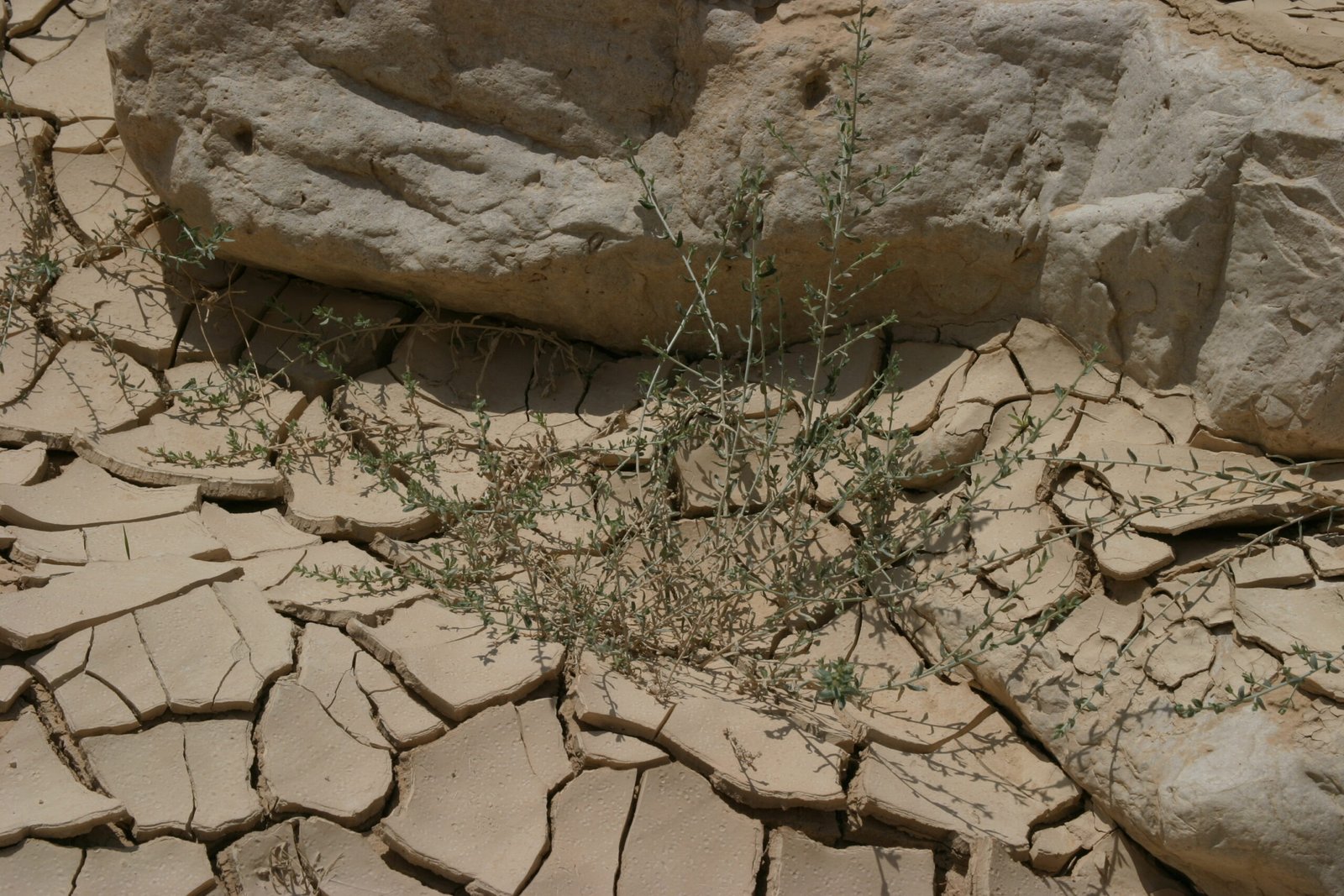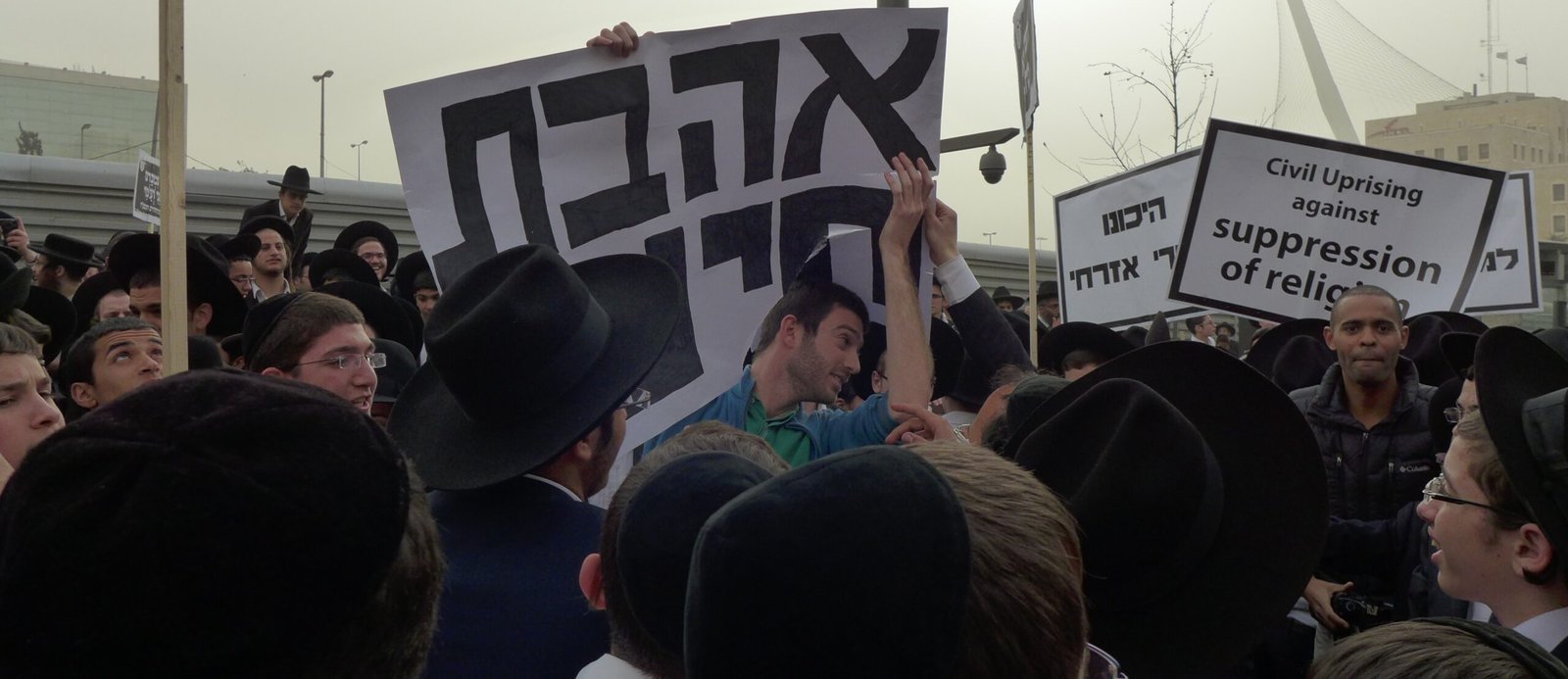Share This Story, Choose Your Platform!
“They just shot someone over there”. The sheet-metal worker in the old workshop in A-Ram, a village north of Jerusalem has another puff at his cigarette. For the Palestinian from Jericho with the name of Suleiman Abu-Raliya, there is no longer hope. He is dead. It’ll take a long time before they find out why he didn’t respond to the demand of the soldiers that he should stop his car.
For Oleg Schaichat from Nazareth-Illit too, any glimmer of hope has come too late. The young Israeli army recruit had been kidnapped in the second-to-last week of July. A few days later a Bedouin scout found his corpse near the Galilean village of Kafr Kana. In this case too it will cost the police lengthy investigations before they can account for the exact circumstances of his death.
The fact that the official political representatives of Israel and the Palestinians are talking to each other again at all, is indeed a glimmer of hope in the political arena. Foreign and Security experts from the USA are busy travelling to the Middle East to secure the realization of the “Road Map”. The idea is that the conflicting parties should approach each other step by step – which is, in fact, nothing but a new “edition” of the old Oslo concept. The only really new thing about it is that three further years of bloody conflict lie behind us.
For the ordinary people on the streets of Jerusalem and Ramalla, Tel Aviv and Hebron, Rishon LeTzion and Kalkilya, all of this is hardly a world-shaking development. In these places the talk on the streets has to do with everyday survival, the economic situation, crime statistics, drug problems, corruption in the government, domestic violence, or whether the UEFA will at last give its go-ahead for home matches in Israel.
Of course Palestinian society feels the effects when ten thousands of labourers are allowed to travel into Israel for the day, or when road barriers are dismantled and visits to friends and relatives in neighbouring towns are made easier. But everyone is fully aware that these alleviations could be lifted again by tomorrow. And the general situation has not changed: what the Palestinians view as the over-powerful might of Israel continues to be omni-present.
Moreover, the political storms do nothing to change the lives of individuals where their relationship to the “other side” is concerned. Many Israelis hardly know a single Palestinian personally – and many Palestinians only see their Israeli neighbours in uniform. As a journalist one isn’t supposed to point out that thousands of Palestinian construction workers earn their daily bread for their families in the building and maintenance of Jewish settlements, and that they made friends among the settlers even during the hottest periods of the Intifada. After all, no-one wants to put at risk the people who have the courage not to leave all the mutual dialogue to the politicians.
And then there’s the situation at Israel’s northern border. When the 16-year-old Haviv Dadon was killed on the 10th of August by a grenade fired by the Hisbolla Military, the whole of Israel was shocked – but it didn’t really surprise anybody. Since the withdrawal of the Israeli army from Southern Lebanon in May 2000, hundreds of grenades and anti-aircraft rockets have landed in northern Israel. Up till now 14 Israelis have fallen victim to this ongoing conflict, and 60 have been wounded.
The whole thing has nothing to do with a border conflict. The trail leads back via Beirut and Damascus to those who are pulling the strings in Teheran. Israeli security experts seriously claim to be able to prove that 15 of the attacks on Israel in the past weeks, with their toll of 50 dead and 216 wounded, can be traced back to origins in Iran.
The Middle East conflict is neither a border squabble between Israel and Lebanon, nor is it a local ethnic conflict between Israelis and Palestinians. As long as Islamic States which attach conditions to the recognition of a Jewish State in the Moslem dominated Middle East, exist, every glimmer of hope will all too soon become the next spark to set off a new explosion in the Middle East.
Translation by Nicola Vollkommer






















